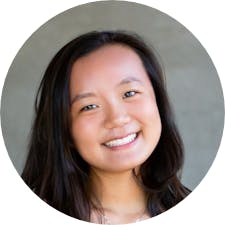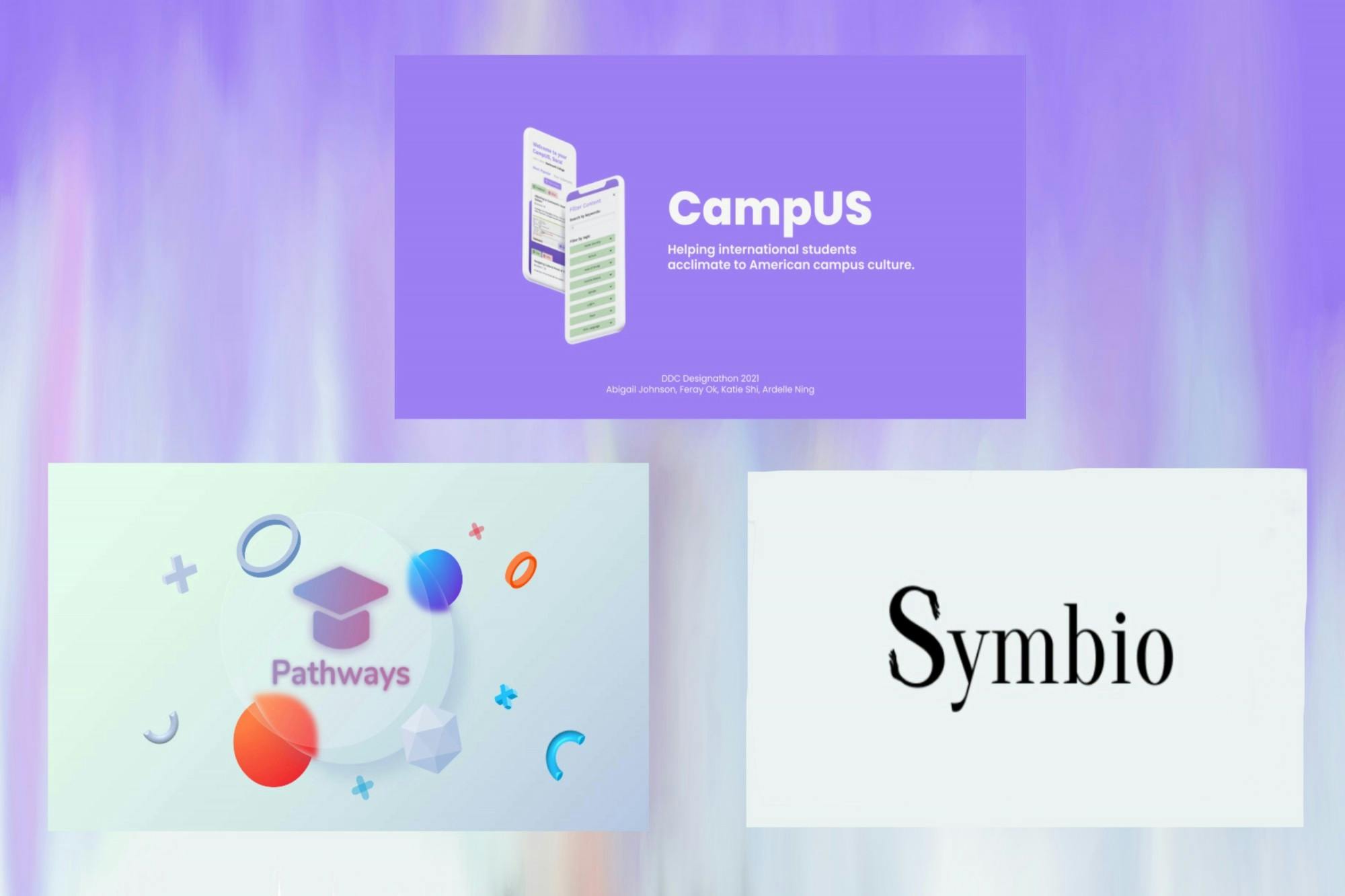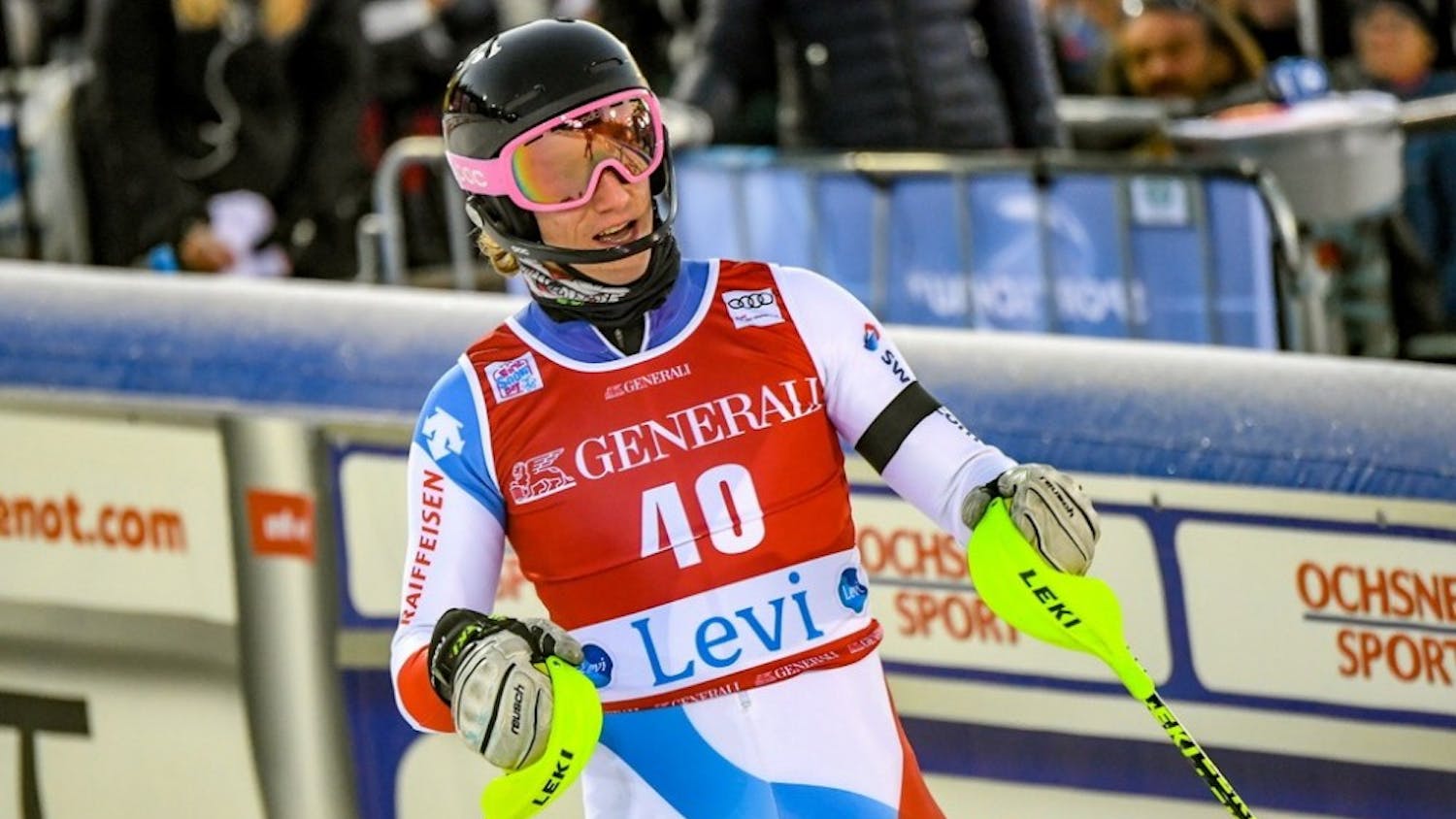Twenty-three participants across six teams participated in Dartmouth Design Collective’s second annual Designathon from April 9 to April 15. Although last year’s Designathon took place over a weekend, this year’s challenge lasted one week and focused on the theme of educational equity.
The Designathon awarded prizes to the top three teams; CampUS took first, Pathways second and Symbio third. The four members of the first place team were Abigail Johnson ’23, Ardelle Ning ’22, Feray Ok ’23 and Katie Shi ’21.
Johnson said the CampUS prototype is designed to provide customized support to international students coming to college, focusing on social and academic situations like making friends or navigating a foreign grading system.
On the CampUS platform, users can create personalized profiles with information such as school, class, area of study, race, gender and income level to browse posts created by similar users. Johnson added that the application includes a messaging feature that allows international students to build a sense of community and mentorship.
Johnson and her three teammates received a $1500 stipend from the Thayer School of Engineering to further develop the project, an Apple Home Pod Mini for each group member and a group consultation with The Literacy Lab recruitment associate Alexis Underwood, who was one of the judges at the Designathon. The Literacy Lab is a nonprofit organization that provides children in preschool through third grade with evidence-based literacy intervention, and was one of the sponsors for the event.
Pathways aimed to empower community college students to transfer to four-year universities, while Symbio focused on the facilitation of mutual aid for low-income students in the Dartmouth community.
Dartmouth Design Collective president Cindy Yuan ’22 listed three main goals of the Designathon: to give students the opportunity to think critically about a social issue from a design lens, to bring the design community together on campus and to provide a productive learning experience for friendly and fun competition amongst students.
Yuan said the officers opted for a weeklong format to reduce Zoom fatigue and to allow students the opportunity to generate more thorough work, adding that the biggest challenge caused by the virtual format was navigating different time zones and getting participants on the same page without a physical base.
“The event went pretty well, although the virtual weeklong format was definitely very experimental and something we don’t see ourselves going back to post-pandemic,” Yuan said.
Alex Wells ’22, a member of the Dartmouth Design Collective executive board, said the Zoom format made it difficult to sustain the “high energy” of designing in person.
“People had a little bit more trouble staying fully invested,” Wells said. “I think, by and large, that is the nature of most remote work that we've been doing this year, but it was a little bit harder to keep energy and motivation high for some of the teams."
Yuan said that she was “very impressed” by the overall quality and variety of work generated by the six teams.
“We saw a lot of different types of solutions [to educational equity problems] ranging from tackling accessibility issues, designing for international students, focusing on mutual aid and taking a look at the community college transfer process,” Yuan said. “Really, really interesting solutions across the board.”
Johnson said she had a “really positive experience” as team members “leveraged different strengths” to create their winning solution, despite all working from different time zones.
After conducting user research interviews and identifying themes like culture shock, Johnson said the team decided to focus its project on international students attending college in the U.S.
Although they did not code the actual app, the team went through all the steps of the design process and used Figma, a prototyping platform, to create a visual mock-up of how the app would look on a smartphone.
Johnson said that her experiences in ENGS 12, “Design Thinking” helped her realize the importance of trusting the design process.
“Going through and really doing some deep user research, brainstorming, testing and refining of your different ideas will end up generating a much better product than if you feel frustrated and immediately jump to a solution,” Johnson said.
Johnson said she “really enjoyed” listening to the other participants’ presentations and watching her peers get excited about using design to create social impact change in their communities.
“All of the projects were incredible,” Johnson said. “Everyone had chosen a different user group and taken a really unique spin on this broad question.”
Wells said that he hopes the Designathon will be a gateway for many participants to become more involved with the College’s design community.
“The amount of work we asked these folks to do was equivalent to a class project,” Wells said. “They went above and beyond that, and hopefully made some friends along the way.”
Participant Judy Guo ’24 discovered the Designathon through the Dartmouth Design Collective’s weekly newsletters. After taking a Digital Applied Learning and Innovation Lab design mini-course last fall, Guo said she thought it would be fun to apply what she learned, compete for prizes and participate in the workshops.
Guo and teammates created Dscribe, a computer-based note-taking platform that aims to “flatten” the inequities faced by students with attention disorders and learning disabilities.
“Ultimately, I think the Designathon was a really great experience getting to apply design skills that we learned and accumulated,” Guo said. “I’m really proud of what we were able to accomplish because even though we didn’t necessarily win first, second or third, we had a lot of fun.”





